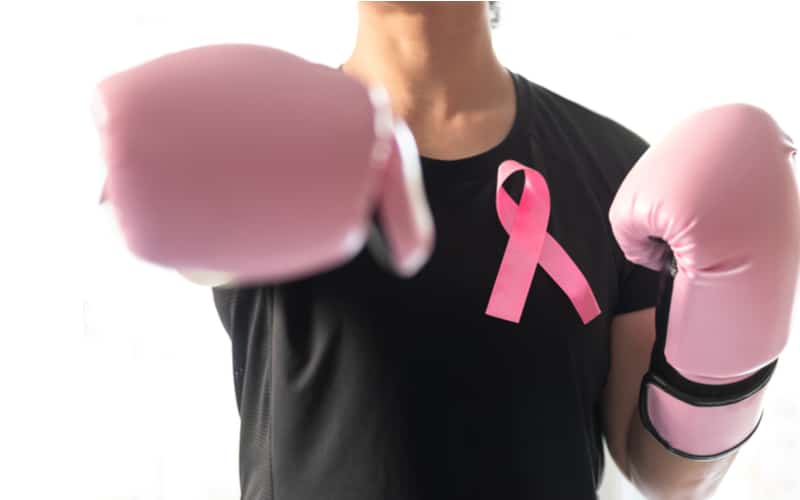Hand Hygiene: Shocking Statistics & How To Take Care of Your Hands
We’ve done the math on how many times nurses perform hand hygiene, plus some shocking facts and a few tips on how to take care of your hands as a nurse.
Our relentless research goes beyond shoes. Capsol allows us to talk all things nursing, from career advice and current news to self-care and mental health. These conversations with you, the community, and the world at large help us put our best foot forward when creating the best nursing shoes on the planet.
Every October, a special focus is placed on breast cancer awareness here in the U.S. We take the time to honor those who have fought breast cancer, support those who seek to cure it, and encourage the helpful spread of information, testing, and prevention.

The breast cancer stats can be scary; In the U.S. alone, one in every eight women is expected to develop breast cancer in their lifetime, while the year 2020 is expected to see about 48,530 new cases of non-invasive breast cancer and 276,480 cases of invasive breast cancer. These numbers are staggering.
With all of this being said, there have been great strides made in the fight against breast cancer. While the risk of breast cancer remains a prevalent concern among women, treatment has made a lot of progress and the disease is more often recognized as somewhat preventable in the medical community.
According to the former head of epidemiology at Harvard, Brian MacMahon, “One of the most important contributions of epidemiology to the fight against cancer has been the demonstration that many of the prevalent forms of human cancer are preventable.”
In the nursing community, breast cancer awareness and the effects of the disease carry a unique weight. Nurses have the great responsibility to care for and support those with breast cancer and their families, but they also are positioned to spread awareness and institute effective prevention efforts.
Because educational and medical efforts can play such a large role in breast cancer treatment and prevention, it’s important for nurses to be aware of how they can make an impact:

How do you support the fight against breast cancer? Join the conversation and tell us your stories, tips, and advice.
Author
most recent
We’ve done the math on how many times nurses perform hand hygiene, plus some shocking facts and a few tips on how to take care of your hands as a nurse.
Celebrate Pediatric Nurses Week as we talk about what pediatric nurses do, ideas for showing appreciation, and a breakdown of how to become one. Don’t miss this!
Ever wonder, what is with nurses and coffee? I mean, why do nurses love coffee? So many of us depend on that rich, hot java to jumpstart a shift.
0 Comments